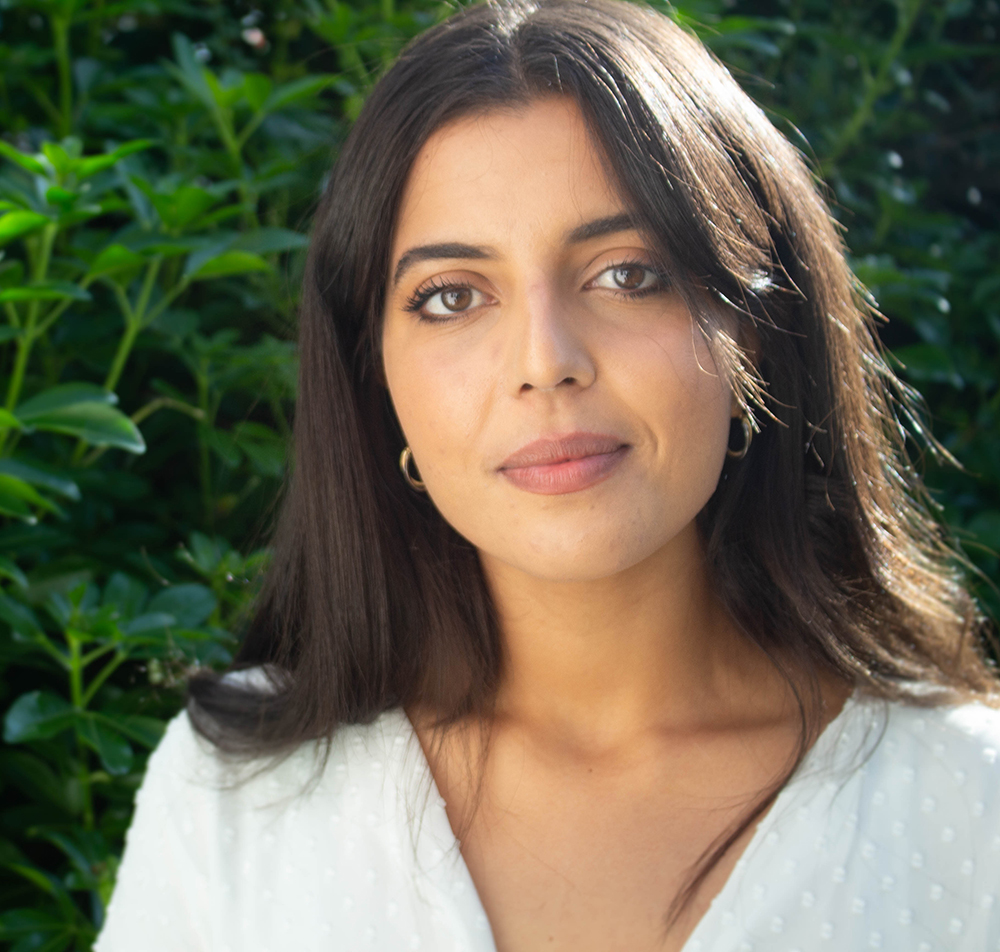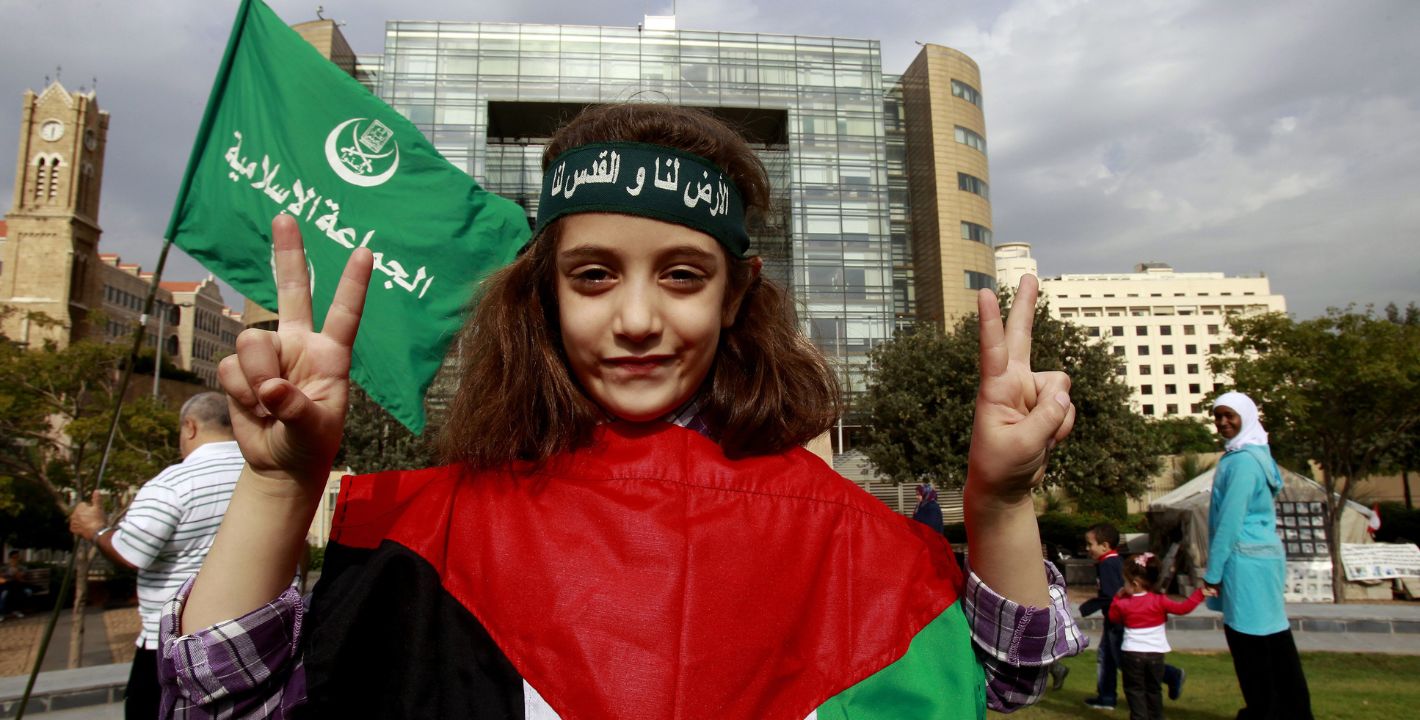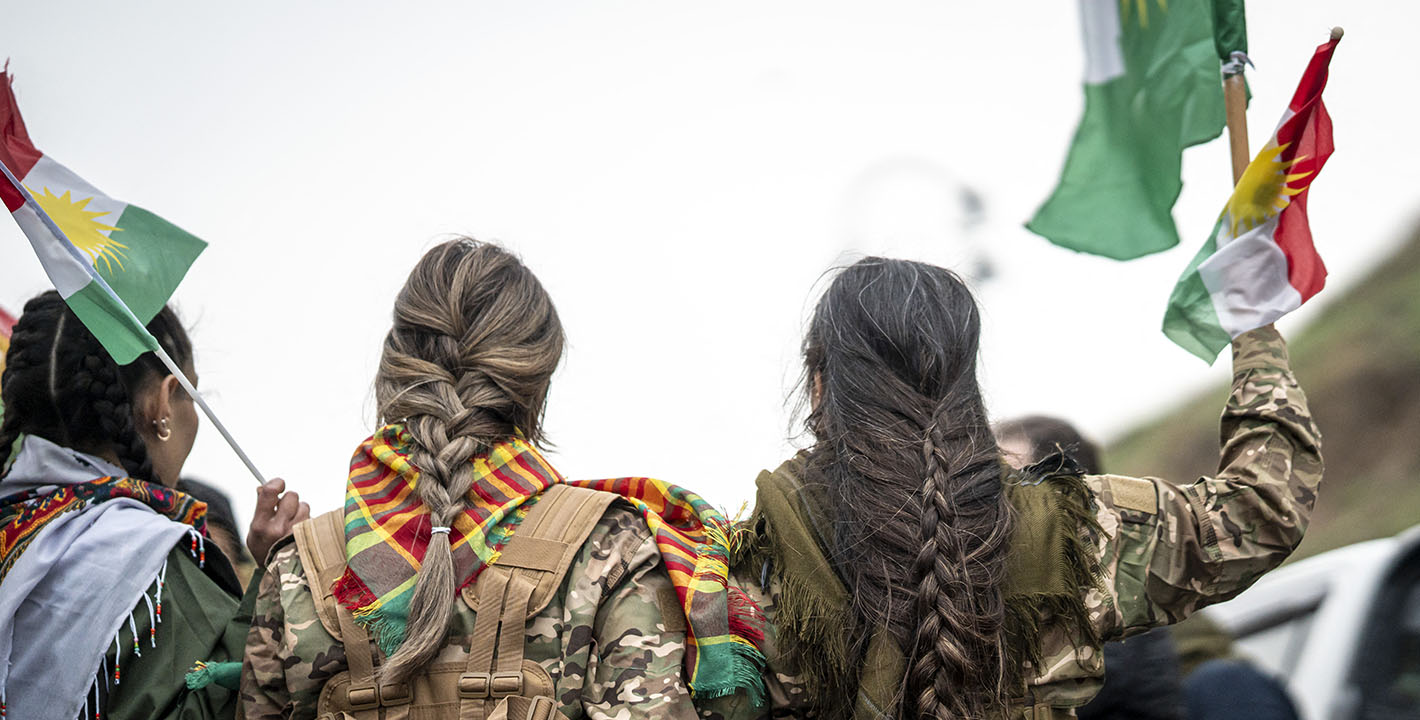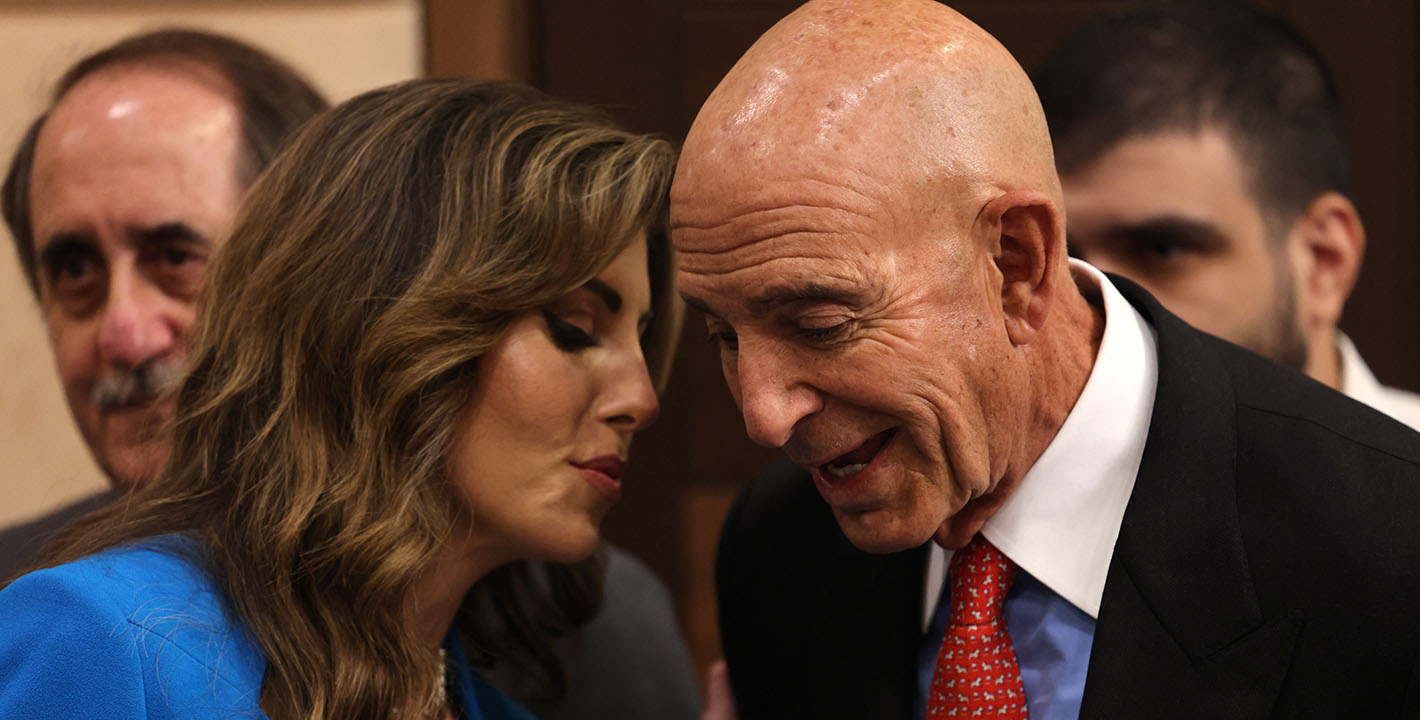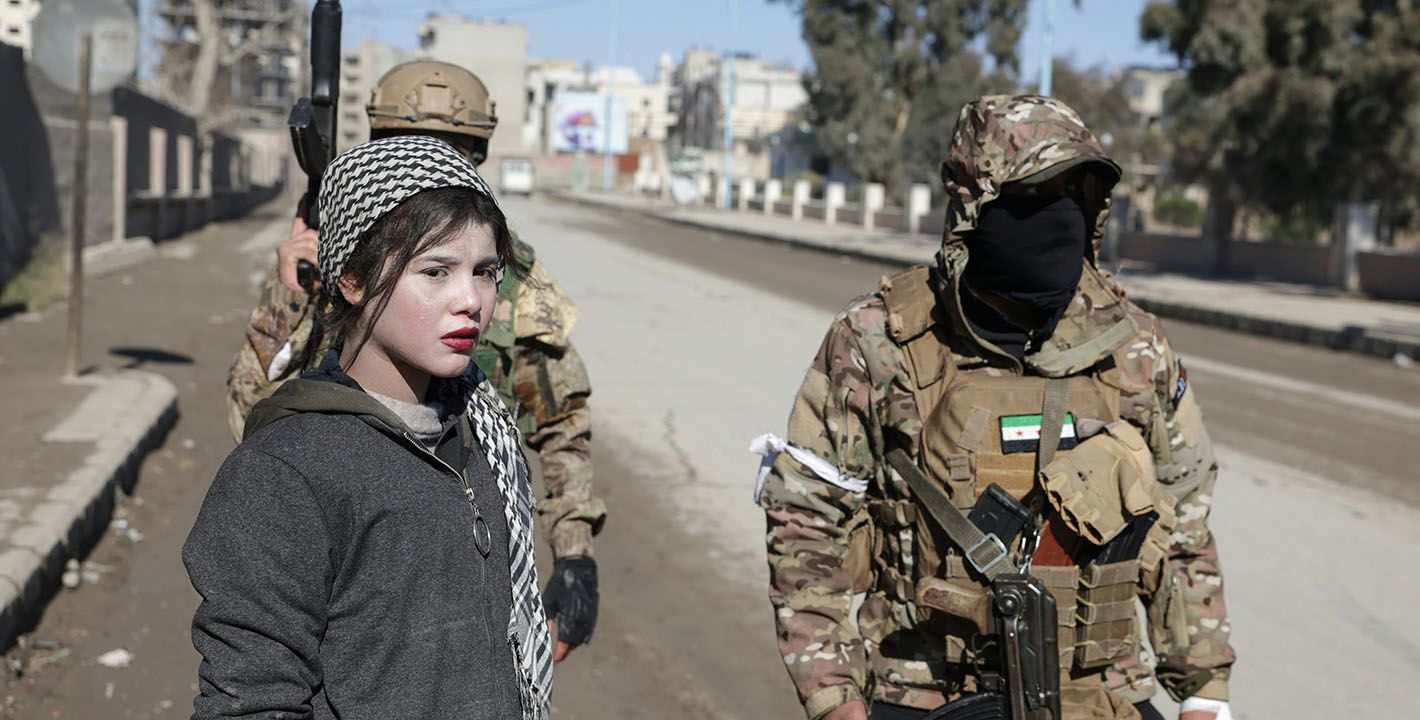Michael Young
{
"authors": [
"Michael Young"
],
"type": "commentary",
"blog": "Diwan",
"centerAffiliationAll": "dc",
"centers": [
"Carnegie Endowment for International Peace",
"Malcolm H. Kerr Carnegie Middle East Center"
],
"collections": [
"Inquiring Minds",
"Arab Spring 2.0"
],
"englishNewsletterAll": "menaTransitions",
"nonEnglishNewsletterAll": "",
"primaryCenter": "Malcolm H. Kerr Carnegie Middle East Center",
"programAffiliation": "MEP",
"programs": [
"Middle East"
],
"projects": [],
"regions": [
"Levant",
"Maghreb",
"North Africa",
"Lebanon",
"Iraq",
"Algeria",
"Middle East",
"Sudan"
],
"topics": [
"Political Reform"
]
}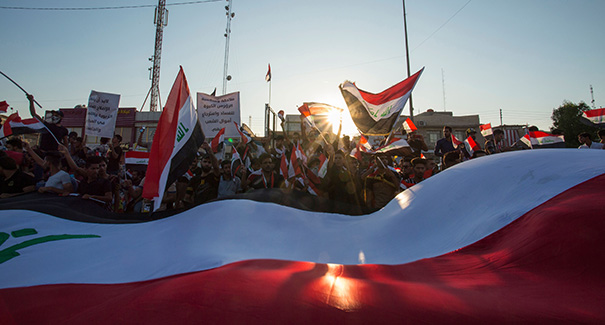
Source: Getty
Are We Seeing A New Wave of Arab Spring Uprisings in 2019?
A regular survey of experts on matters relating to Middle Eastern and North African politics and security.
Ishac Diwan | Chaire Monde Arabe at Paris Sciences et Lettres, professor at the Ecole Normale Supérieure, Paris.
Definitely yes. As we enter the winter of 2020, this wave of public discontent is likely to engulf other countries. The main difference with the first wave in 2011 lies in the underlying economic conditions. Back in 2011, oil prices were at a peak and economies were growing at their fastest pace in decades. With the collapse in oil prices after 2014, the economic situation is now much more difficult. Growth has slowed, public debts have risen, and unemployment is higher. Ruling regimes now have fewer resources to finance their clientelism. So while a yearning for dignity fueled the earlier uprisings, today’s protests are propelled much more by hunger.
The second wave has learned lessons from the first: No longer content with displacing aging autocrats, protesters are targeting the deep state. They are avoiding getting divided along identity lines; and they are demanding the organization of meaningful new elections. The challenge for each country is to find a path toward a political and economic transition that can satisfy the street. So far, even democratizing Tunisia has not yet discovered a way forward. History is on the march again, but what comes next is anyone’s guess.
Rasha al-Aqeedi | Editor in chief of Irfaa Sawtak, nonresident fellow at the Foreign Policy Research Institute
Unemployment may have been the catalyst for the sporadic demonstrations and sit-ins throughout 2019 in Iraq. However, other events, such as the demotion of Lt. Gen. Abdulwahab al-Sa‘di of the elite Counterterrorism Service, and the government’s deadly response to peaceful protests on October 1, convinced a generation that has not yet seen stability or comfort that the status quo must end. Coupled with the familiarity of free speech and protests which, ironically, is largely due to democracy, Iraq’s Generation Z and millennials took to the streets to demand more than a better life. What they want is radical change. The post-2003 order which followed the U.S.-led toppling of Saddam Hussein’s brutal dictatorship failed to deliver a stable, secure, and prosperous Iraq, despite significant oil revenues. The new Iraq took pride in one aspect of democracy, which was the right to protest. So, when tens of unarmed protesters were killed by snipers deployed with Iranian advice and blessing, there was nothing left to show for.
Iraq’s youths are rejecting an entire political system that they perceive to be beyond redemption. The protests are not an “Arab Spring” nor are they part of a regional uprising wave. They reflect a very specific Iraqi context that is not found in Tunisia, Algeria, or Egypt. The protests did not initially begin against Iranian influence in Iraq, but bold expressions of anger toward the neighbor have become a defining characteristic of the uprising, one that could become a powder keg for either civil conflict or a brutal crackdown.
The protests in Baghdad and southern governorates have their parallels with Lebanon’s, but the fascist-like response of Iraq’s security apparatus and the high death toll, now approaching 300 people, make for a bleak outcome and bleaker future.
Mona Yacoubian | Senior advisor for Syria, the Middle East, and North Africa at the United States Institute of Peace
The Arab Spring never died. It just went dormant, overtaken by the brutality of events in Syria, Libya, Yemen, and Egypt. The roots of this second wave of mass protests hearken back to the 2011 Arab uprisings. Yet, they have spawned something different. Absorbing some of the lessons from the earlier uprisings, the 2019 protests have evolved. Ideally, they are cultivating a resistance to the darker, destructive forces that bedeviled their neighbors. In Lebanon and Iraq, demonstrators rail against sectarianism (a driver of the Syrian conflict), instead promoting a more vibrant national identity. In Sudan, a fragile power-sharing agreement between the military and civilian opposition emerged after months of mass protests that began over rising bread prices. However, the protests gathered enormous popular support and did not succumb (as in Egypt) to divisive ideologies, political rivalries, or even the use of force. They persisted. It is far from clear if this new season of protests will yield more sustainable and peaceful change, resilient to violence and chaos. Yet the “green shoots” of the 2019 uprisings offer some reason for hope.
Dalia Ghanem | Resident scholar at the Carnegie Middle East Center
The four countries that have witnessed waves of protests in 2019 are Algeria, Sudan, Iraq, and Lebanon—countries that stayed out of the “Arab Spring” in 2011. In these countries, people were still shaken by previous years of conflict and political violence. This is a new season of discontent, but this time the means employed are peaceful. There are three main reasons for this: Because people learned from their past and their neighbors; because they want to maintain their movement in time and attract more supporters nationally and internationally; and because they do not want to give their governments a chance to use repressive tactics against them and put an end to their mass demonstrations.
This new wave of protests is happening now because social discontent has been mounting for years and the same reasons that led to the 2011 uprisings are still present in the region. If I only take the case of Algeria, the drop in oil prices in mid-2014 led to a deterioration in the economic situation, and by 2019 the government was no longer able to buy social peace as it had in 2011.
Moreover, cosmetic reforms did nothing to address pressing issues such as unemployment, exclusion, and generalized corruption. Today, protesters want real and genuine change, and they do not trust mainstream political parties, the opposition, and the old guard to do it. This is why from Algiers to Beirut, the slogan is one and the same, in reference to the political class: “All of them, means all of them.”
About the Author

Editor, Diwan, Senior Editor, Malcolm H. Kerr Carnegie Middle East Center
Michael Young is the editor of Diwan and a senior editor at the Malcolm H. Kerr Carnegie Middle East Center.
- Iran and the New Geopolitical MomentCommentary
- A Mechanism of CoercionCommentary
Michael Young
Recent Work
Carnegie does not take institutional positions on public policy issues; the views represented herein are those of the author(s) and do not necessarily reflect the views of Carnegie, its staff, or its trustees.
More Work from Diwan
- When Football Is More Than FootballCommentary
The recent African Cup of Nations tournament in Morocco touched on issues that largely transcended the sport.
Issam Kayssi, Yasmine Zarhloule
- The Jamaa al-Islamiyya at a CrossroadsCommentary
The organization is under U.S. sanctions, caught between a need to change and a refusal to do so.
Mohamad Fawaz
- Kurdish Nationalism Rears its Head in SyriaCommentary
A recent offensive by Damascus and the Kurds’ abandonment by Arab allies have left a sense of betrayal.
Wladimir van Wilgenburg
- A Mechanism of CoercionCommentary
Israeli-Lebanese talks have stalled, and the reason is that the United States and Israel want to impose normalization.
Michael Young
- All Eyes on Southern SyriaCommentary
The government’s gains in the northwest will have an echo nationally, but will they alter Israeli calculations?
Armenak Tokmajyan



